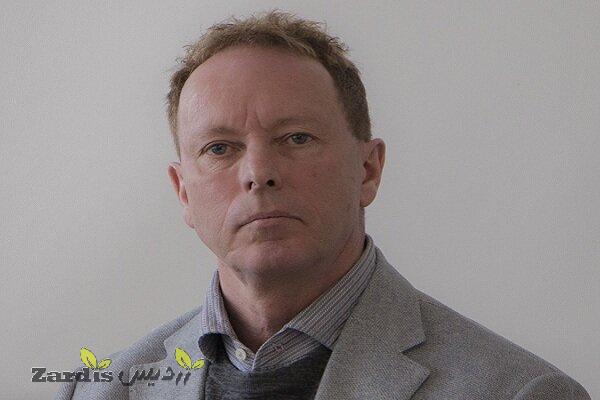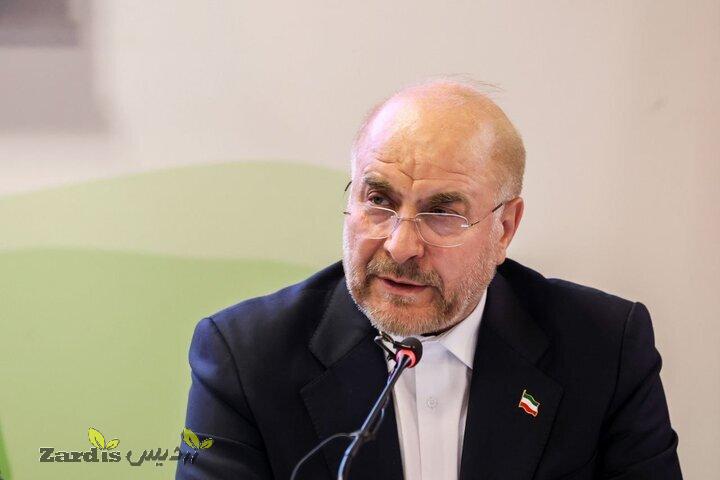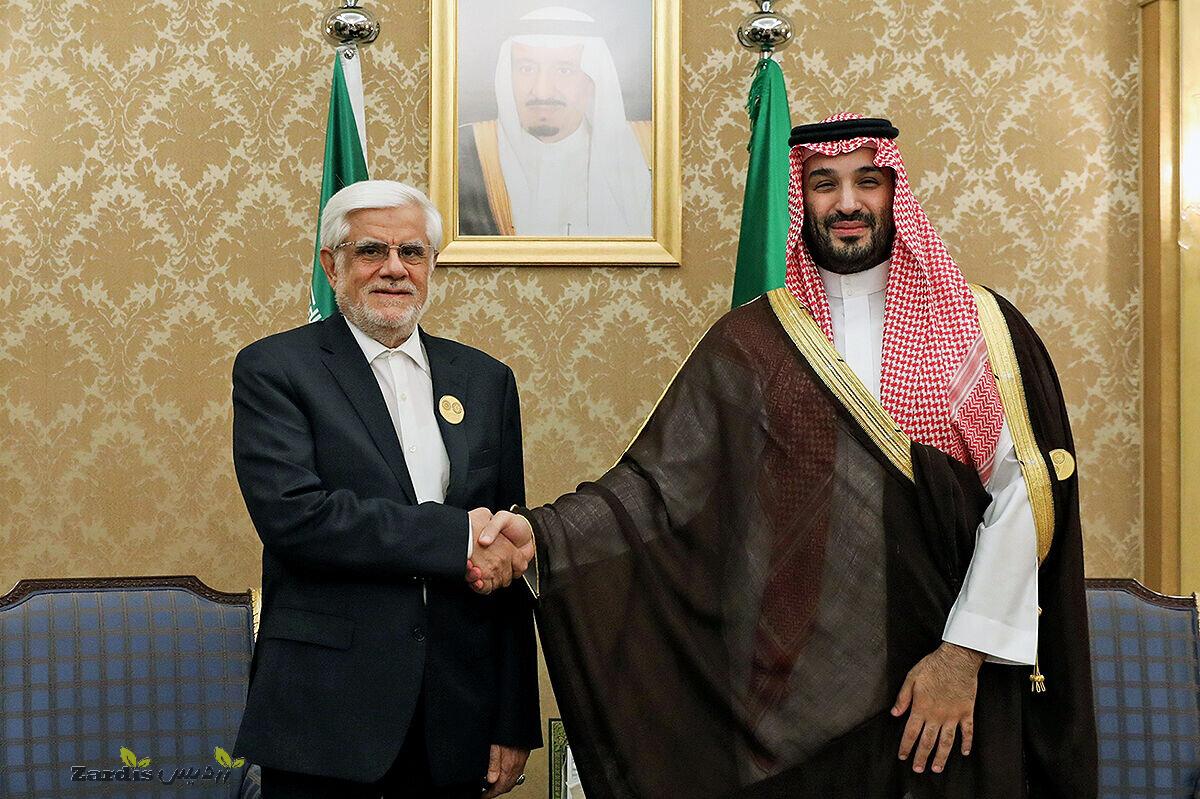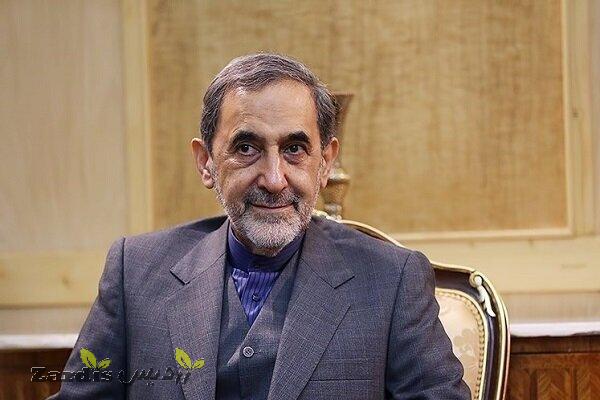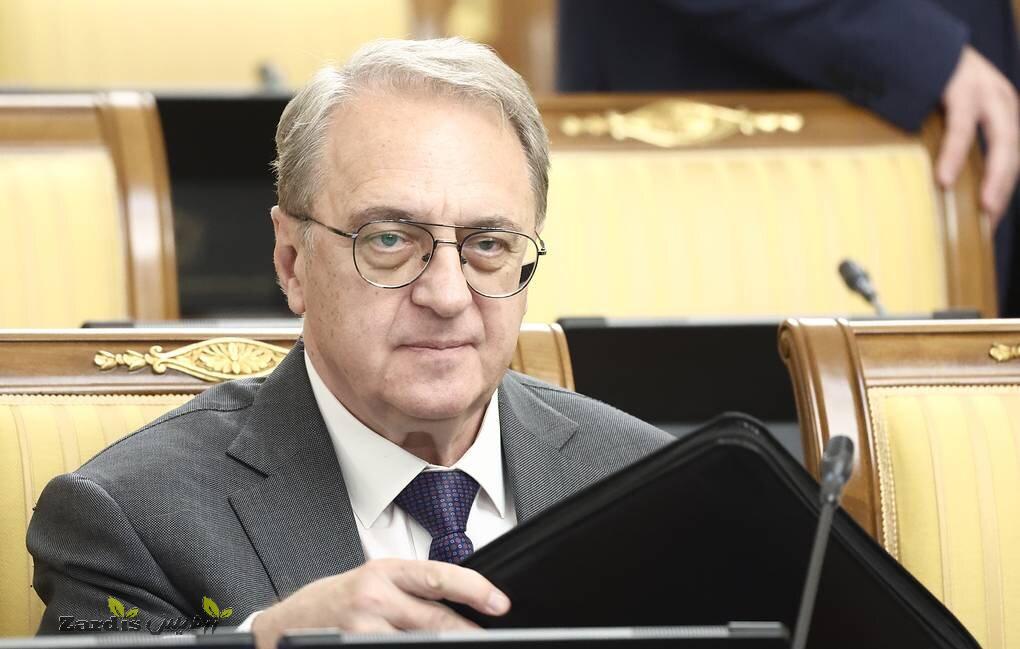TEHRAN- A Canadian expert on the history and contemporary politics of Belarus, Russia and Ukraine says what happens in Belarus will determine European-Russian relations.
“It (Belarus) is located between the two power blocks of the EU and the Russian Federation,” David R. Marples tells the Tehran Times.
“What happens to Belarus will likely define European-Russian relations for some time to come,” he notes.
However, “Russia has shown little interest in cooperating with the EU, the UK, and the USA on the crisis in Belarus,” according to the Canadian historian.
Following is the text of the interview:
Q: What is your comment on European sanctions on Belarus? Putin has slammed Western double standards as they remained silent in the case of Edward Snowden.
A: That’s not strictly accurate, though. I think the 2013 incident and the interception of Evo Morales’ plane was also unacceptable. However, the 1944 Chicago Convention specifies rules for the safety of commercial aircraft but not state or military planes. Ryanair’s flight was an enforced landing of a commercial airliner with over 100 passengers with the use of a fighter jet and a military helicopter. The plane was within minutes of Vilnius Airport, where- if there had really been a bomb board- it could have landed more quickly than diverting to Minsk.
Q: Why is Russia supporting Belarus?
A: Good question. Russia has tried to push Belarus into closer integration since the early years of the Putin presidency. Putin’s perception of the so-called Near Abroad is that the former Soviet countries, and especially the three Slavic states are part of the Russian space, with a common history and culture. In 2014, after the Euromaidan uprising in Ukraine, Russia annexed Crimea, which led to a war in the Donbas that has left a frozen conflict in the eastern parts of Donetsk and Luhansk regions.
But the original concept of a Russian World that included the southern and eastern parts of Ukraine failed to materialize. President Putin has therefore acted much more cautiously with Belarus, using propaganda and media and gradual pressure to coax that country into measures such as the acceptance of a Russian airbase in Belarus (it has still not happened to date). There are significant policy differences between the Lukashenka government and Moscow. Even today, Lukashenka resists Russian plans to build a political base in Belarus through the formation of pro-Russian political parties and tries to control the paths to political change.
Q: Why do Western states prefer to turn a blind eye when it comes to other cases in countries allied with them. For instance, after the shocking murder of Jamal Khashoggi in the Saudi embassy in Turkey, none of the Western states sanctioned Saudi Arabia.
A: I agree. It doesn’t make sense. There is an interesting phenomenon. The Western states also reacted very slowly to the period of repressions, mass arrests, detention and torture in Belarus in the weeks after the 2020 presidential elections. They reacted strongly only with the hijacking of a commercial aircraft, which in Western minds the crossing of a line. But it is admittedly difficult in the case of the EU to get 27 states to reach an agreement on sanctions policies.
Q: Do you consider Alexander Lukashenko successful in adopting a policy balances in ties with Russia and Europe?
A: Not now. That was precisely the case in the past. In fact, it was the keystone of the Lukashenka presidency and it provided great frustration for the Russian leadership. But now it is too late. There is really no way back to the past. The population is waiting for him to leave and he remains in office thanks to the loyalty of his security forces and support from Russia. While the latter is relatively firm right now, in the long term, Russia will seek an alternative leader who is supportive of Russia but also more predictable and reliable.
Q: Why is Belarus important for Europe geopolitically?
A: It is located between the two power blocks of the EU and the Russian Federation. Like Ukraine, it is part of Europe but also part of the former Soviet bloc that Russia seeks to lead in a political bloc. Thus, it is in a very sensitive geopolitical space. It is not so important economically, but what happens to Belarus will likely define European-Russian relations for some time to come. The big question is whether Belarus could change its government and revert to its original constitution without strong opposition from Russia. At present, Russia has shown little interest in cooperating with the EU, the UK, and the USA on the crisis in Belarus.
Zardis news | The latest news of Iran and the world
تمامی حقوق مطالب برای "Zardis news"محفوظ است و هرگونه کپی برداری بدون ذکر منبع ممنوع می باشد.
طبق ماده 12 فصل سوم قانون جرائم رایانه ای کپی برداری از قالب و محتوا پیگرد قانونی خواهد داشت.



